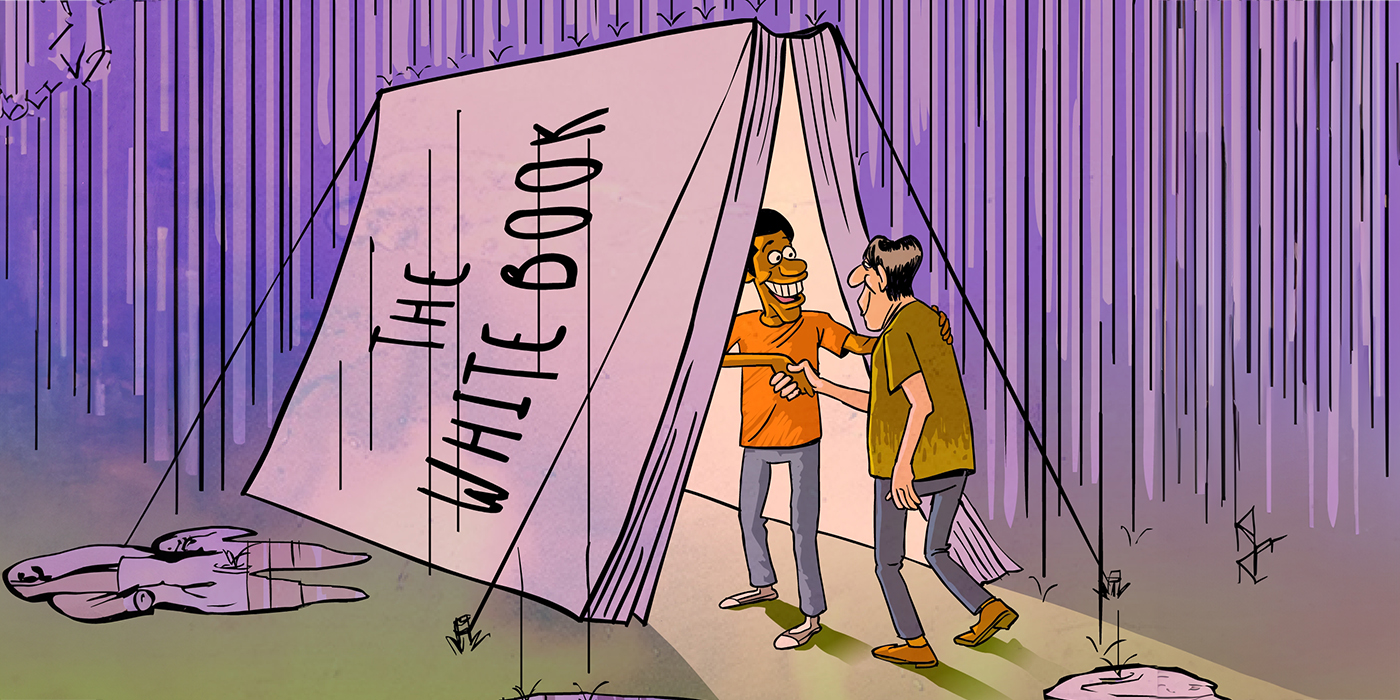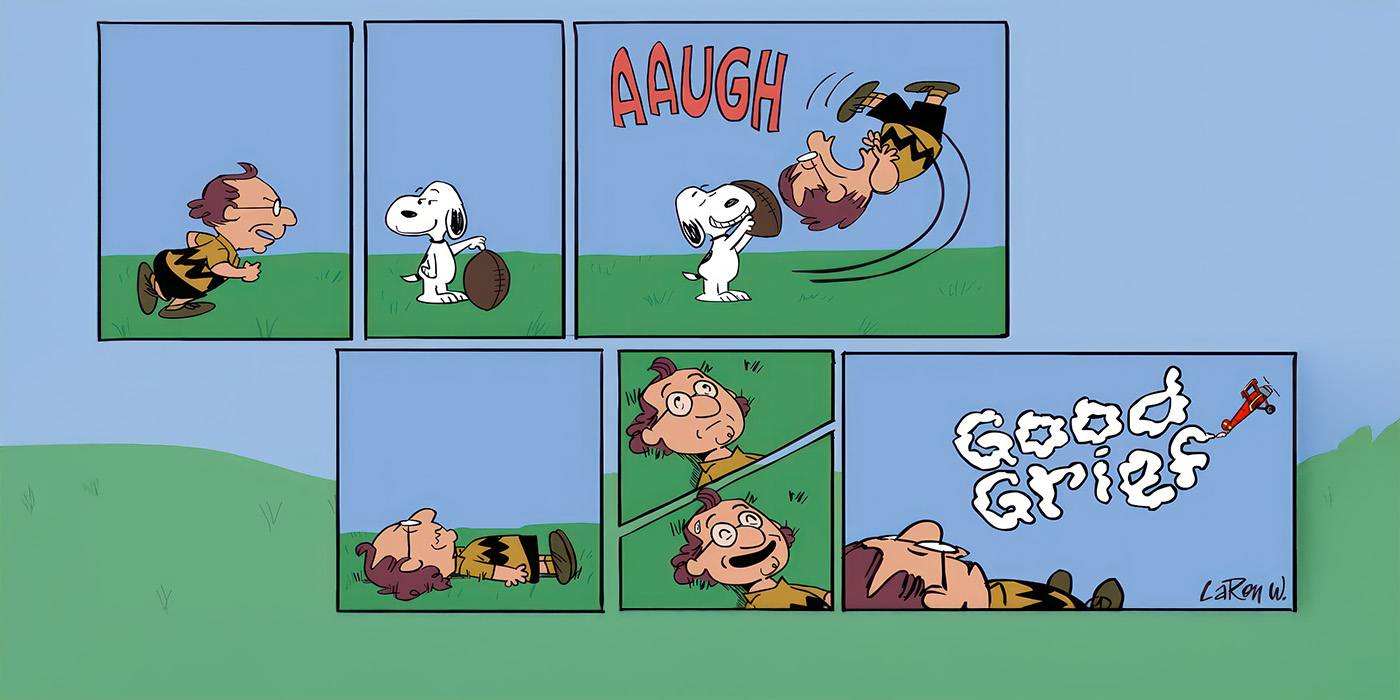
Preparing for Release from Prison
It has been very important for me to complete my SA Twelve Step work with my sponsor. It has been equally important to keep all SA letters and worksheets to show to my parole board that I have been taking actions to get better. They have been looking to see whether I am sober from my active addiction, and have a post-release support group.
In prison, I learned a technical skill to use once I get out. There were many things to choose from, like welding, electrical, machine shop, and carpentry. I got a certificate in one of those skills.
I’ve made connections with religious organizations, such as AA, Gideons, Karos, and church groups. As I won’t be able to connect with my family on release, a minister will drive me to the county of my conviction. I will have to return to the county of my conviction within twenty-four hours of release and register with the sheriff’s office and have a parole officer (P.O.) assigned to me.
I have been trying to contact my family to see if they are available or willing to talk to me. But as for the moment, they aren’t; I will need religious services or the Salvation Army for support. I am hoping that local SA groups will be helpful too.
I will first need to find temporary shelter which is not easy because, as a sex offender (S.O.), there are many restrictions on where I can reside. I will try to see if I can find a halfway house for temporary shelter. I will have to locate away from churches, parks, and schools.
For permanent residence, I will not be able to live in my home, as I have children and the house is in a neighborhood with a swimming pool. Instead, I will have to select locations away from schools, churches, and recreational areas. One parolee pitched a tent near a truck stop where there was access to public transportation. Many truck stops offer showers and a laundromat.
I plan to register with the welfare department and apply for food stamps as soon as possible. I will also contact the VA or community hospital for medical attention.
When looking for work, I have to be prepared that retail operations will not employ me. In general, retailers do not want convicted sex offenders to have contact with customers. I will probably be more successful seeking work at warehouses, construction sites, and manufacturing.
I will have to renew my driver’s license. I will be allowed to use a flip phone. As I will be wearing an ankle monitor, I will have to have it checked periodically.
I have already found the local SA group in order to attend meetings from day one. It will be paramount to have a support network. So far, the local SA guys have been very helpful in providing me with useful information.
I need to continue my addiction recovery with SA. There are very few people with whom I can discuss this addiction. Inside the SA rooms is the best opportunity to talk about my addiction.
A friend told me that the parole board is not interested in what I’ve done, but how well I speak about it. For example, they might want to know what I have retained from my years in the program. If I haven’t retained it, then it is not important to me. If it is not important to me, then it’s not important for them to let me out.
A lot of what my friend talked about was what the board responds to and what they don’t. They are looking for post-release plans that I will need. The main thing is an assurance that I won’t repeat the behavior. This is what they call a relapse prevention plan (RPP). This plan is a support network, e.g. being able to talk to someone before a relapse, or how I will seek help in the event I need intervention before I hurt someone.
My friend suggested having a psychiatrist write a letter saying that they will treat me upon release. That coupled with letters from a 12-Step Program saying I will have a place to recover upon release and a letter from my church saying I am welcome back.
A letter from my sponsor saying we will continue the sponsoring has helped convince the board that I have people I can turn to and open up to before another relapse. Keeping an open line of communication with people is key. A sign of relapse is becoming withdrawn. The RPP program has four parts: (1) internal triggers, (2) external triggers, (3) relapse warning signs, and (4) coping skills.
I am grateful to SA for giving me a safe harbor on the outside.
A friend in prison, USA
The Promises Are Coming True
I’ve had a good week, a really good week. Today was the icing on the cake. I had a visit from my parents and my Aunt J— visiting from Israel. It took a real-life miracle from God to make it happen. I wasn’t supposed to be able to add new visitors until July, but then the Department of Corrections issued a new policy that allowed people to be added at any time! Adding out-of-state visitors can take up to 90 days, but with some help from the assistant warden, Aunt J— was approved in just a couple of weeks for a one-time visit! When she came into the visiting room, J— started crying from relief and gratitude…a very special moment. As for me, my daily program is going strong. I ask God every morning to keep me open-minded, honest, and willing to do the work of recovery. It was my brother’s birthday yesterday. He turned 44. We were just catching up, making casual conversation, but being able to tell him, “I love you,” and to hear it back from him is 100% a product of my recovery. We NEVER said that to each other growing up. Why would we? We didn’t hear it from our parents. Such a miracle! The promises are coming true!
Love,
Raphael S., Virginia State Prison, USA






